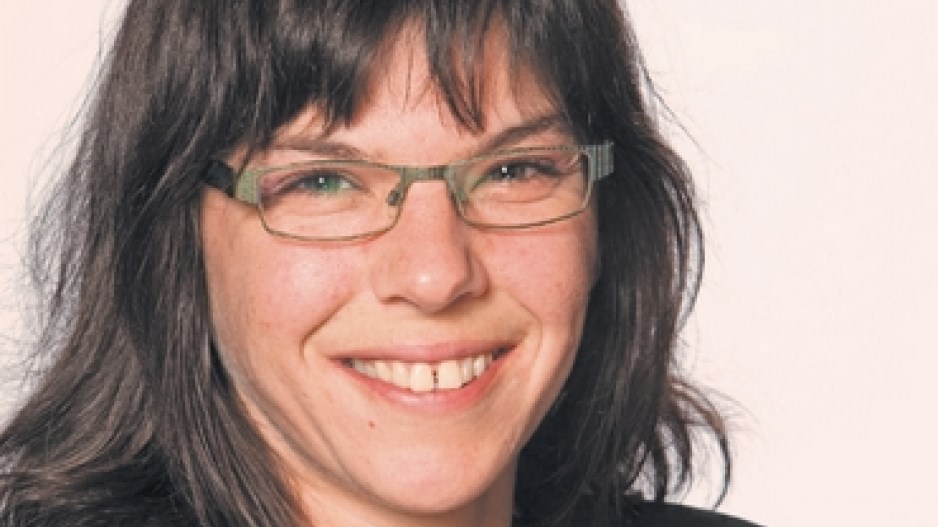The City of Vancouver has received a series of recommendations to help improve citizen engagement — the process of involving residents in development or community planning decisions – in a report released January 30 by the Engaged City Task Force.
The city recently delayed three community plans because of complaints from residents who said their concerns were not being heard and has also faced legal action over plans to build a bike lane through Kitsilano Point's Hadden Park.
"There are huge tensions in Vancouver neighbourhoods, where the local community feels the city has embarked on planning processes without adequately consulting and collaborating with those living there," reads the report. "In turn, the city has expressed frustration with the criticism, noting the high number of opportunities for engagement it has offered.
City staff have already adopted some of the ideas put forward by the task force, such as a citizens' assembly for the ongoing Grandview-Woodland community plan, said councillor Andrea Reimer, one of seven Vision Vancouver councillors who currently dominate Vancouver city council.
"People will say I don't have enough knowledge to participate, we see communities where the … capacity to participate is lower, and that becomes challenging," Reimer said. "There are trust issues around the planning process, and there's also the question of who decides?"
Some of the task force's recommendations include establishing "citizen academies" to explain how city hall works, promoting the city's existing 311 telephone information service and involving local artists to help communicate information.
"There's some really good stuff in the report, but it's really about Vision talking the talk and walking the walk," said Non-Partisan Association (NPA) councillor George Affleck.
The NPA recently announced its own campaign to improve community consultation, and plans to make the issue a key part of their election campaign. The party has been meeting with Vancouver residents throughout the city.
"[We're hearing] cynicism and major, major lack of trust, especially with Vision," Affleck said. "They feel the process is contrived and decisions are made in the backrooms and there's no point in being part of the process because they're not listening anyways."
Reimer said she hoped the report's recommendations would not become "politicized."
The report also suggests that Vancouver residents can fight become involved with their communities and fight loneliness through sharing food, voting and just saying hello to neighbours.
"The Vancouver Foundation report, which is completely non-political, shows that Vancouver has some serious problems," Reimer said, referring the foundation's 2012 report that found many Metro Vancouver residents struggle with loneliness and a lack of engagement.
"And they're not related to one government or another, they're related to social cohesion itself."
The Engaged City Task Force also includes recommendations aimed at mending that torn social fabric. Suggestions include creating small-scale public spaces; supporting community and cultural spaces; promoting condo designs that encourage neighbourliness; a "Just Say Hello" campaign to help Vancouverites make acquaintances out of strangers; and promoting more events, like outdoor potlucks, to bring people together over a meal.
The report will go before council for debate in mid-March.




